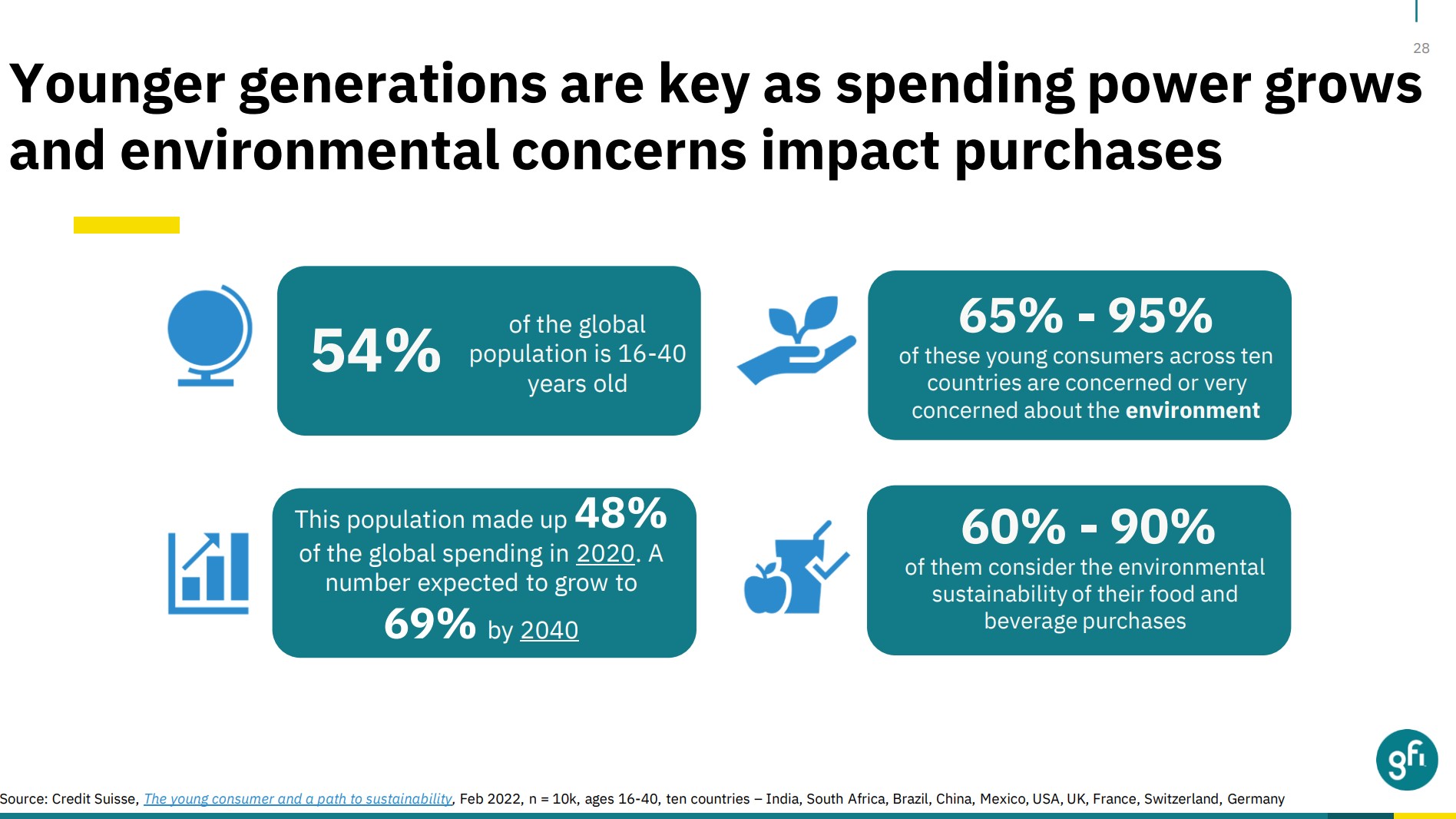Shrewsbury
Eco Committee inspired by Old Salopian's Shrewsbury Dialogues talk


Recently on the 17th November 2023, OS Seren Kell (MSH, 2011-13) revisited Shrewsbury for a very insightful Dialogues talk about Alternative Proteins, the next food revolution.
Kell was undoubtedly very adept in her academics at Shrewsbury School, eventually receiving a Master’s Degree in Biochemistry from Oxford University. She briefly went through her background after life at Shrewsbury and it proved to be very inspiring and powerful among sixth formers, those who aim to reach the highest level of academia, such as Oxbridge universities or obtaining a Master’s degree.
After studying at Oxford, she talked about working for IN-PART, a matchmaking platform that helps to connect partnerships between universities and industry. She has previously worked for CellAg UK, developing entrepreneurial skills as a Co-Founder. Therefore, she provided some meaningful insight on the business side of the meat-alternative industry. Kell now currently works for The Good Food Institute, which is an international non-profit striving to make alternative proteins no longer alternative, something she is very passionate on.
After introducing herself and background, Kell started the main notion of the talk by informing us why the world needs to discover alternative proteins. How will we feed 10 billion people by 2050? The human population grow rate puts strain on food sources, especially proteins, which are currently sourced from animals. Pupils learn that industrial animal agriculture sits at the intersection of the most pressing issues we face today, such as climate change & future pandemics, being two of the many issues caused by animal agriculture. Interestingly, two of the seven major drivers of pandemics derive from animal agriculture.
Kell stated that the foundational drivers for food depends on taste, price and convenience. Therefore, she aspires to produce meat alternatives that have a similar qualities as real meat. Pupils learnt about the 3 pillars of future high protein foods, they are: Plant-based (found in 99% of grocery stores), fermentation and cultivated food, which is the newest.
It was fascinating to hear that we have used animals to fulfil our needs throughout history until superseded by technology. Humans used horses as a mode of transport, rats as models for human disease in research and there are many more instances. In this case, we use animals to fulfil our hunger requirements. Using technology, we can use new protein alternatives to supersede animals, reaping benefits which strongly outperforms conventional meat in reducing environmental impact. In conventional beef, we use 44 times more land than plant-based meat. Additionally, we emit 41 times more greenhouse gases through beef than plant-based.
Because of the notable impacts, Kell stated that the industry for meat alternatives has been on the rise. She introduced the idea of innovations following the ‘S-Curve’ pattern where soon enough, meat alternatives will be on that steep rise in the ‘S-curve’’ for adoption rates in people’s lifestyles. Companies estimate the global alternative protein market may be as large as $1T by 2050. Kell acknowledges that the younger demographic must play a pivotal role as spending power grows and environment concerns impact purchases, so pupils were inspired with what they could contribute positively to.
Kell expertly indicates what needs to be accomplished in order for this industry to either be a $1 trillion market or a $3 billion market, looking at how the government and product marketing can influence that difference.

Finally, Kell then addresses that there will be a wide number of ranging career opportunities across many sectors in regards to the future of food. Pupils were left very impressed with the talk as it touched on not only why we need alternative proteins due to the environmental impact, but Kell mentioning about the state of the industry and looking ahead was eye-opening for pupils. This is a growing industry and it provides pupils alternative pathway for career opportunities and food for thought.
A handful of Eco-Committee members and leaders attended the talk, all aware of the environmental impacts that meat options poses. The Eco-Committee are fascinated and delighted to hear the advancements that Kell’s company have made with meat alternatives. We will hope to soon implement more meat alternative options, which satisfy the needs of every pupil such as having similar taste as real meat, as we strive to reduce meat consumption. In KH, Holroyd Howe have involved the Eco Committee with their launch of the labelling and grading of each food option during lunch time in terms of its impact to our environment. Meat options would be colour coded red and have a higher score, which is labelled beside the food name. This hopes to educate every pupil to think twice on what food to eat and their Carbon footprint.
We hope this is only the start and we will be interested to follow developments in the alternative protein industry. The school wishes Seren Kell all the best in her future endeavours and thank her for spending time with pupils and sharing her knowledge on protein alternatives.
Umar S
Eco Committee Leader (S, UVI)










.jpeg&command_2=resize&height_2=85)



.jpeg&command_2=resize&height_2=85)




.jpg&command_2=resize&height_2=85)


